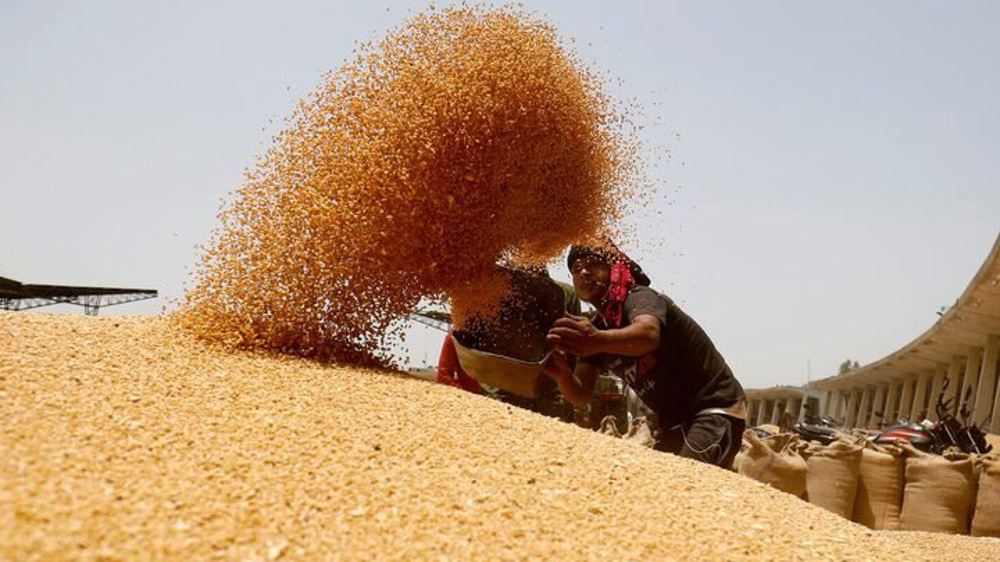Iranian govt. urged to curb GM food
Iran imported $5.5 billion of GM products last year, with head of the country’s organic association saying the imports are threatening the health of consumers.
The Iranian Organic Association's Reza Nourani appealed to the government to keep genetically modified products out of the food chain.
A variety of GM products, chiefly rice and cooking oil, is imported into Iran while much of the organic crops produced in the country is exported, he said.
“Currently, 5-6% of organic products are consumed in the country and organic crops make up less than one percent of the area under cultivation in Iran,” Nourani added.
Imports mainly come from Brazil, Argentina, Canada and the US which do not declare them as GM products “in violation of Cartagena Convention”, Ministry of Agriculture’s Behzad Qareyazi said in July.
Nourani said Iran’s move toward embracing genetically modified organisms (GMOs) makes no economic sense.
“The Iranian society is not hungry to say we must move toward genetically modified products, which amounts to toying with the health of the people,” Nourani said.
“Over the past 10 years, Iran’s global ranking for use of organic products has been low but demand for such goods is fortunately rising,” he added.
Iran has the potential to turn into a leading producer of organic crops, Nourani said, citing pomegranates, figs and pistachios which are among the country’s major export items.
The Iranian government supports GMO technology which it sees crucial to future food security. The country has been dabbling with biotechnology for years, cloning its first sheep in 2006.
The first GM rice is already grown for human consumption. In May, the first sample of Iran’s GM cotton was unveiled by Minister of Agriculture Mahmoud Hojjati.
Earlier this year, Iran signed several agreements with France for cooperation on production of GM fruit and livestock.
Iranian diaspora in EU, UK deplore ban on national airline
VIDEO | Press TV's News Headlines
Israel’s military struggling with shortage of troops: Report
Iran calls for more efforts to establish peace in Gaza, Lebanon
Israel targets journalists in southern Lebanon to mask atrocities
Trump vs Harris: A choice between two deranged war hawks who cheer genocide in Gaza
Over 1,800 Palestinians killed in Israel’s month-long attacks in northern Gaza
UN official urges Egypt to seize Israel-bound arms ship MV Kathrin










 This makes it easy to access the Press TV website
This makes it easy to access the Press TV website